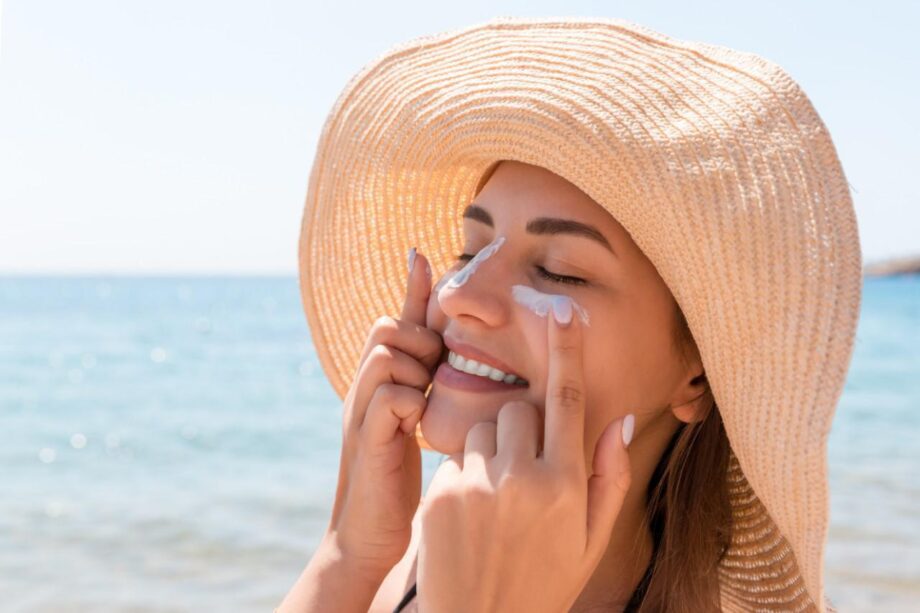It’s that time of year again, when the sun shines brightly, people spend more time outside, and sunscreen becomes an absolute need. With that in mind, consider the following sunscreen facts and answers to frequently asked sunscreen questions.
Is it vital for me to use sunscreen?
Yes. According to the American Academy of Dermatology, you should apply a broad-spectrum sunscreen every day (AAD). Although sun damage is more prevalent during the hot summer months, the sun emits harmful UV rays all year. According to the World Health Organization, solar damage can occur even when the sun isn’t shining. According to their Global Solar UV Index, on cloudy days, up to 80% of the sun’s harmful UV rays can reach your skin.
What is the most effective sunscreen to use?
Cream or lotion-based sunscreens are the finest to use. Although sunscreen sprays are popular, most individuals do not use them enough to gain advantages. “You’re not getting enough if you just spray it and go. You must be meticulous in applying a good coating “Betsy Furukawa, MD, a dermatologist at Loma Linda University Health, agreed. Instead, she recommends using a cream-based sunscreen.
What is the distinction between chemical and physical sunscreen?
Only zinc oxide and titanium oxide are present in physical sunscreen. Some people call it “sunblock” because it lays on the skin and deflects the sun’s rays. Those with sensitive skin are generally advised to use physical sunscreens.
Chemical sunscreen works differently; it absorbs the sun’s rays like a sponge, preventing them from penetrating the skin. If you’ve tried both forms of sunscreen, you’ve observed that chemical sunscreens are simpler to apply to your skin. They also do not leave any white residue.




